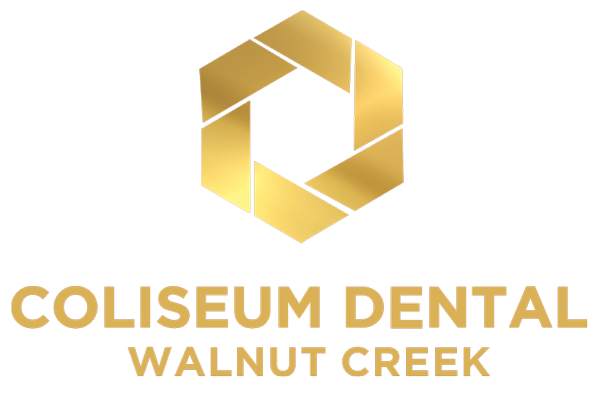We are already aware of the harm that candy, chocolate, and soda can do, but avoiding them altogether is, according to a dentist Walnut Creek, CA, never enough. We must be mindful of the healthful snacks we replace. The vitamins, minerals, and fiber needed to maintain strong, healthy teeth are all present in wholesome foods like fruits, vegetables, and high-quality protein.
Additionally, the act of chewing increases salivation, which helps to eliminate leftover food particles. Find all the nutritious treats that keep your smile vibrant and wholesome, and put them on your shopping list.

Ideal Foods for Your Teeth
Fluoride-Rich Foods
Don’t eat your toothpaste, please. Fish, shellfish, and other seafood found in the ocean are the best sources of natural sodium fluoride.
Do you have allergies to seafood? Other dietary staples that contain fluoride include cheese, canned tomato products, canned pork and beans, canned beets, carrots, and beet juice.
Foods High in Magnesium
Another necessary nutrient that helps to strengthen the jaw and tooth enamel is magnesium. But where do you find it, and are foods high in magnesium safe to eat? Get your fill of whole grains like rice, corn, barley, wheat, and oats to get the most dental care benefits. Contrarily, stay away from processed grains as they simply tend to break down into harmful sugars in the mouth, increasing your risk for cavities.
Vitamin D
Lean proteins and dairy products like milk and cheese are high in calcium, but you also need vitamin D. This not only promotes the development of enamel but also instructs the intestines to assimilate calcium from diet. Without vitamin D, your body won’t be able to absorb calcium, which will lead to existing calcium in the bones and teeth dissolving and weakening them.
Vitamin C-Rich Foods
A vitamin C-rich diet with long-term dental care advantages is balanced and healthy. Fruits high in vitamin C, such as strawberries, grapefruit, apples, kiwis, limes, cranberries, and oranges, are renowned for their defensive qualities and their ability to combat bacteria that cause acidity. They are also a good source of antioxidants, which support oral cavity health.
Cinnamon
Cinnamon may have some potential benefits for dental health. It contains a compound called cinnamic aldehyde, which has been found to have antibacterial properties that could help fight the bacteria that cause tooth decay and gum disease. In addition, cinnamon has been found to have anti-inflammatory properties that may help reduce inflammation in the gums.
Some studies have also suggested that cinnamon may help to neutralize bad breath by reducing the number of bacteria in the mouth that produce odors.
However, it’s important to note that cinnamon should not be relied upon as a substitute for good dental hygiene practices such as brushing, flossing, and regular dental check-ups. While cinnamon may have some potential benefits for dental health, it should be consumed as part of a balanced and healthy diet, along with good dental hygiene practices, for optimal dental health.
Additionally, consuming excessive amounts of cinnamon may be harmful, so it’s important to consume it in moderation.
Lean Proteins and Nuts
Do you love eating crunchy foods? When it’s time to eat, replace the chips with almonds and other nuts and fill your plate with lean proteins like meat, fish, chicken, and tofu as well as wholesome ingredients like leafy greens, eggs, and beans.
These meals are abundant in protein, calcium, and phosphorus, three vital nutrients and minerals that support dental health by maintaining the strength of teeth and jawbones. Also, they support the development and restoration of worn-out tissues and maintain oral pH levels that prevent the formation of bacteria that cause cavities.
Teas, Water, and Non-sweetened Beverages
As crucial to dental health as eating the appropriate nutrients is staying hydrated. Since you probably drink more than you eat, your risk of developing cavities and tooth decay from consuming sugary and acidic beverages is increased.
And while we may see the appeal of entertaining cocktails, sweet juices, fizzy sodas, and vintage wines, they just serve to feed the mouth’s harmful bacteria and acids.
In actuality, water is the best form of hydration for staying healthy throughout the day, especially after consuming sugar. In addition to hydrating, water also cleanses, which stops the growth of bacteria that cause cavities, gum disease, and bad breath. Want some variety? Try unsweetened black and green teas, which are full in polyphenols, which are known to prevent plaque.

Veggies and Fruits
No other food category is more frequently advocated than fruits and vegetables. They provide all the nutrients needed to sustain excellent health, making them the foundation of any wholesome diet that is good for the body as a whole.
Your teeth specifically benefit from important nutrients that only leafy greens and fruits can provide, such as vitamin B, folic acid, calcium, and fiber, which aids in long-term dental maintenance. These nutritious meals fortify tooth enamel and increase saliva production, which cleans the mouth.
Try substituting nutritious sweet snacks for candy and chocolate if you’re trying to control your sweet tooth and reduce your risk of cavities and tooth decay without getting regular dental care. Apples and other fruits are a great source of fiber and vitamins while also satisfying your sugar cravings.
These nutritious substitutes for traditional snack foods like chocolate and candy increase saliva production to counteract acids that damage teeth. Higher saliva flushes out dangerous germs that use sugar as a source of energy to transform into acid and stick to teeth surfaces for hours after you’ve finished eating.
Dairy
For good reason, milk, cheese, and yogurt are basic foods. Calcium-rich dairy products help to strengthen bones and contain other substances that replenish minerals in teeth. Also, eating these meals stimulates the body to generate more saliva, which helps keep teeth clean by removing food debris.
Lactose sensitivity prevents you from getting your dairy fix? Calcium-rich dairy substitutes like soy and cashews strengthen teeth for ongoing dental maintenance.
Shiitake Mushrooms
Shiitake mushrooms may have some potential benefits for dental health. They contain a compound called lentinan, which has been found to have anti-inflammatory properties that could help reduce inflammation in the gums. Inflammation in the gums can lead to periodontal disease, which is a major cause of tooth loss.
Additionally, shiitake mushrooms contain a small amount of vitamin D, which is important for maintaining healthy teeth and bones. Vitamin D helps the body absorb calcium, which is necessary for building strong teeth.
However, it’s important to note that shiitake mushrooms alone cannot replace good dental hygiene practices such as brushing, flossing, and regular dental check-ups. While shiitake mushrooms may have some potential benefits for dental health, they should be consumed as part of a balanced and healthy diet, along with good dental hygiene practices, for optimal dental health.

Learn More by Asking Our Experienced Dentist in Walnut Creek, CA
If you still have questions what and what not to eat, don’t shy away. Give us a call!



